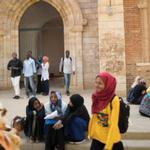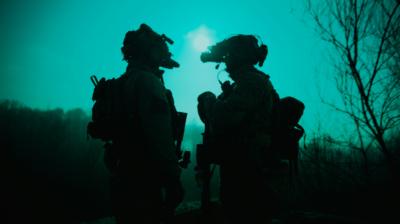Breakfast seminar: Understanding the war in Sudan
The Sudanese Armed Forces (SAF), led by Abdel Fattah al-Burhan, and the Rapid Support Forces (RSF), a paramilitary group led by Mohamed ‘Hemedti’ Hamdan Dagalo, are at war. The people in the capital city Khartoum and the already war-torn region Darfur are taking the hardest toll. The fighting has killed hundreds of civilians and wounded thousands. Millions are effectively trapped in their homes facing shortages of water, food and medicine. 60 out of 86 hospitals in the conflict-stricken areas in Khartoum have stopped performing surgeries and the blood banks are running empty. The tensions between the army and the RSF have been escalating since the 2019 revolution in the country where dictator Omar al-Bashir was overthrown after three decades in power. In the period leading up to the war, these power-hungry generals have undermined a transition to democracy, deepened the country’s economic crisis, and made Sudan more vulnerable to the influence of external actors with bad intentions.
What explains the war? How did Hemedti, the leader of a former militia accused of war crimes, become an influential power broker? How have the civilian forces responded to the war? How does the conflict affect the region? And what political questions need to be resolved for the conflict to come to an end?
PANEL:
Leif Manger, Professor Emeritus at the Department of Social Anthropology, University of Bergen
Liv Tønnessen, Senior Researcher at CMI and Director of Center on Law and Social Transformation
El Sharif Abdalla Harir, Anthropologist, freelance writer and opposition leader, Darfur-Sudan
Moderated by Anne Katrine Bang, Professor at the Department of Archaeology, History, Cultural Studies and Religion, the University of Bergen
Liv Tønnessen







